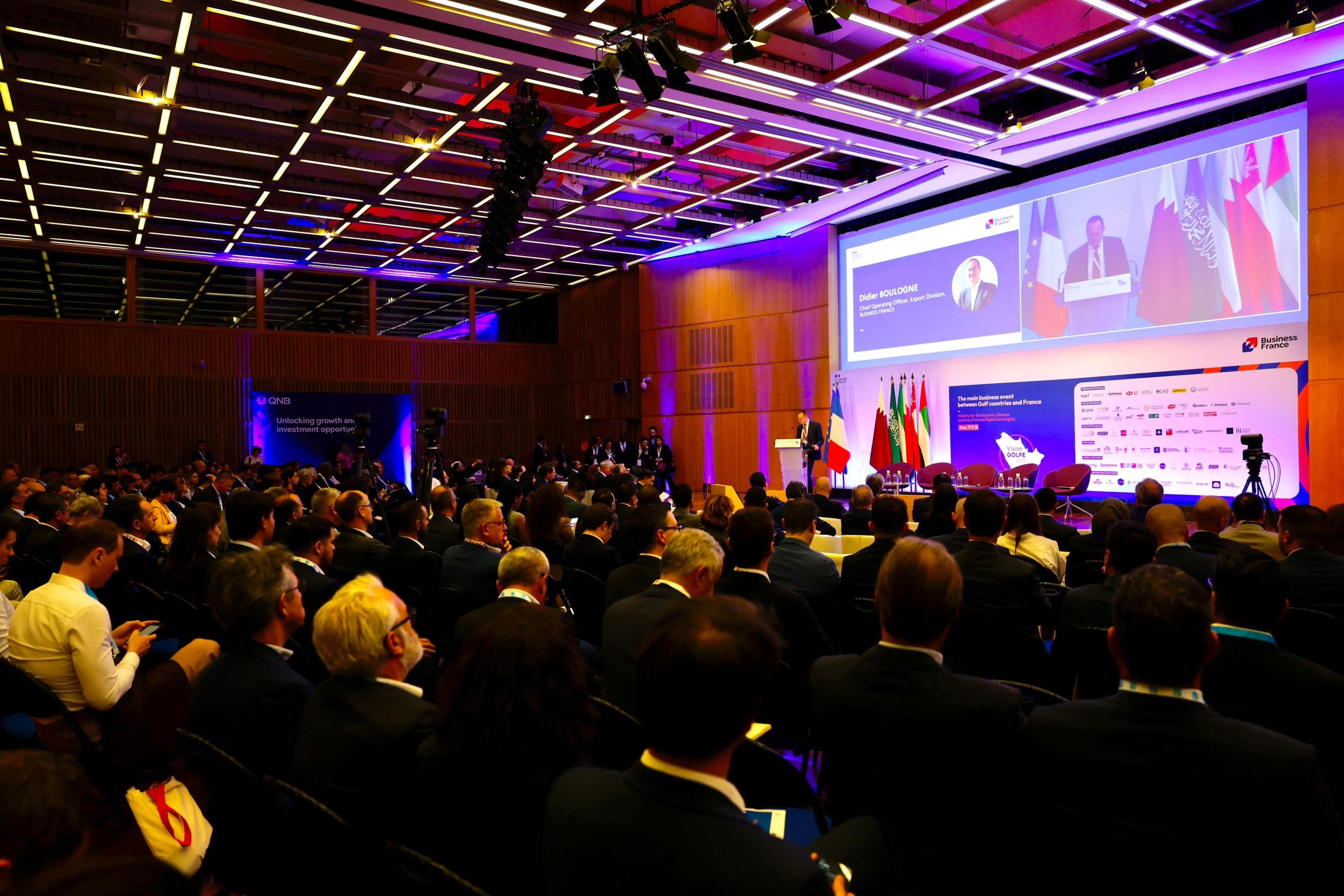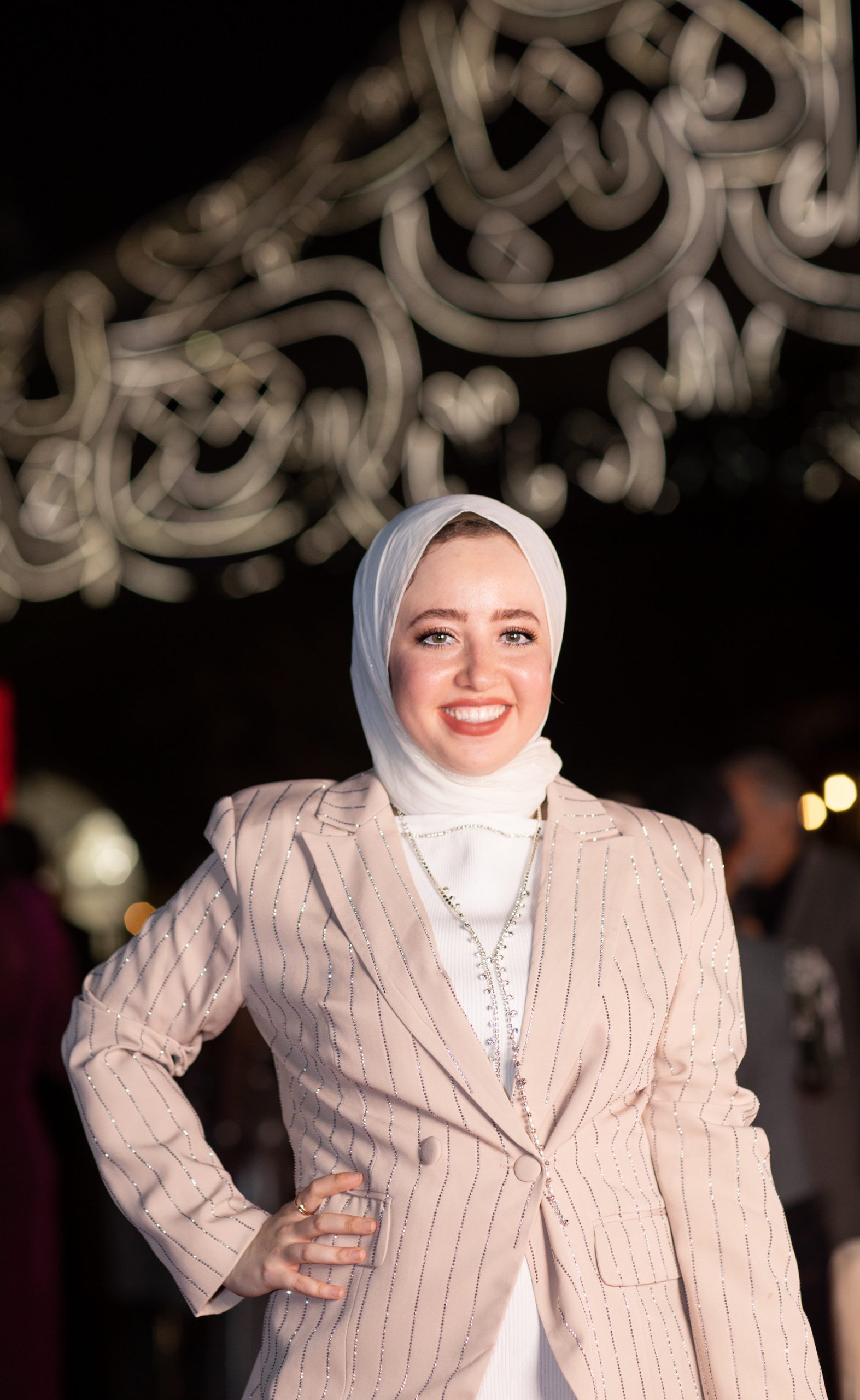As part of efforts to counter extremists, and advocate and build and inclusive perception of Islam, Dar Al Iftaa has been issuing various fatwas to further validate the important role women play in society.
Two formal rulings introduced allows women to wear perfume in public and reiterates that females aren’t required to cover their faces with the niqab in public since a woman’s face isn’t ‘awra – a private part of the body that should be covered.
I admit that the new fatwas can hardly be called major strides towards absolute women empowerment, but they are necessary advancements towards a full inclusion of women into the public realm, allowing them to truly integrate into society.
I lived a somewhat privileged, sheltered life, and wasn’t allowed to venture out beyond the garden. The street was depicted as a labyrinth of danger that required constant vigilance which couldn’t possibly be expected from a young girl. I was always chaperoned by an adult who would fend off unwanted attention on the street if the need arose. It never did.
Some might express sympathy for my secluded life and say I lived in a gilded cage. Others might express less sympathy and call my childhood a product of bourgeois entitlement. Either way that was my reality and it was what my parents thought was best for me.
Upon leaving this sheltered life and attending university, I became aware of a whole new world, and one where men viewed women differently from how my father, cousins and most importantly in this context, other male friends of my family viewed me. I suddenly felt a second class citizen in public life, facing aggression and unwanted approaches from men, young and old.
Reflecting on my past, probably the most poignant thought is that the way many men treated me was how the treated other women too.
Everything they did went against what I believe Islam stands for.
A woman wearing a full veil (niqab) queues near a hieroglyphic mural outside a polling center as she waits to vote during the final stage of a referendum on Egypt’s new constitution in the el-Dokki district of greater Giza, south of Cairo. (File photo: Reuters)
The prophet Muhammad (PBUH) said: “Three things were made beloved to me from this world of yours; women, perfume and the solace of my eye was made in prayer.” Men are commended for wearing perfume for standing out for their enchanting scent based on this prophetic saying. It is considered a sign of emulating the prophet rather than a sign of vanity.
Yet women were traditionally told that their beauty, and their scent is a private matter that should be withheld for their husbands. It is odd that the proponents of this view never thought of the reason why the prophet started with women and joined them with perfume even before mentioning prayer. It is strange that they didn’t realize that when the prophet started with women it signified their supposed place in the public realm. The prophetic sayings create a major part of the Muslim Public space.
Accordingly, when the prophet starts with women and follows with perfume, when women are already part of the public space, when they are followed by the ethereal scent of perfume, then we should imprison neither. We first imprison our bodies and then we imprison our minds.
So yes the fatwas are not tackling major dogmatic biases against women. Let’s be clear: this is not about asking if a woman should wear perfume that contains alcohol as an ingredient. Nor is it questioning how Islam can become in tune with the spirit of the times. Islam has always been in tune, bar the role of many who have warped opinions about the scriptures.
What it is about is making society understand that women are equals, and shouldn’t be dictated to by men. Sometimes the biggest issue is not getting men to understand this, but instead women themselves. So many generations of women have been subjugated.
These fatwas tackle the foundational conception that women’s rights can be built upon. They provide a license to remove the walls that women were forced to retreat behind a long time ago until they believed their natural place was behind them. They allow women to integrate within society without fear of reproach or having to resort to invisibility as a safety strategy.
The fatwas are a gateway from the private space to the public space. I hope we can see a lot of women cross the threshold from the walls of the home to the expansive space of society.












